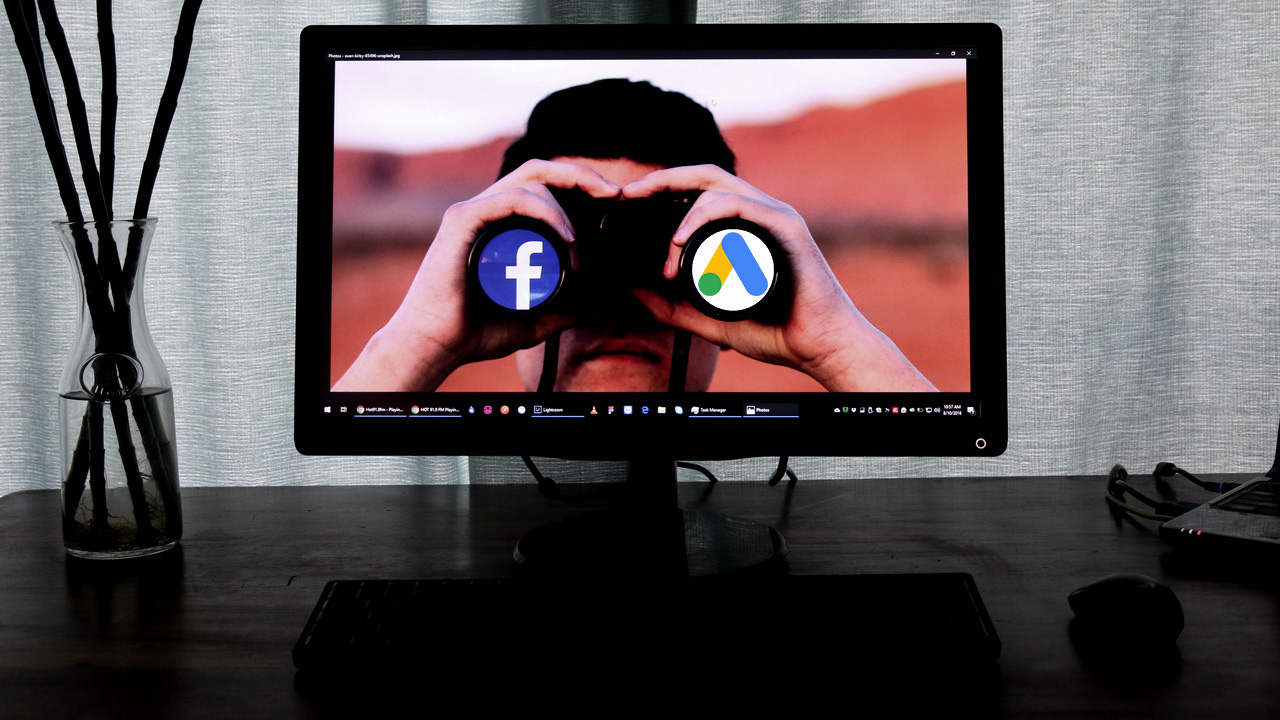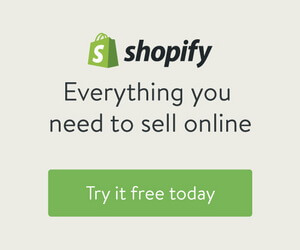As an online marketer, I always get asked this question a lot. Having generated 7 figure USD
revenue from Facebook ads and achieved 138,154.28% ROI from one of our Google ads (screenshots of this
transaction is shown in my recently published PDF book), my answer will always be the same.
But before we proceed, it’s important to first have a better understanding about these two
giant advertising platforms.
Facebook ad, or social media ads, are also known as interruption marketing. Our targetted
prospects/audience are happily browsing through their newsfeed when they stumble upon our
ads. In split seconds, our ads are supposed to get them to take whatever action that we want
them do, be it opting in to our squeeze page, or buying something from our ecommerce stores.
Google ads, on the other hand, works in an entirely different manner. As we are all aware,
Google is powered by keywords. Google knows the best results to show for whatever searches we
perform. This is how powerful Google has become.
Google ad is also known as Search Engine Marketing. And it is claimed that they own the best
traffic that we can buy.
So does that mean Google ad is better than Facebook ad? Of course not. Both have their
respective super powers. The most important thing is we need to know what our marketing
objective is in first place before running the ads.
For example, if you are an ecommerce business owner and you are looking to promote a product
that would trigger impulse purchase, then Facebook would be the better choice. On the other
hand, if your product doesn’t have that impulse purchase appeal, but you are sure there are demands for it, then Google ad would be an ideal platform.
What we have discussed above is just your front-end marketing. As a good online marketer, not only must your front-end marketing has to be effective, but you need a solid back-end marketing in place as well. What I mean is simply this, let’s say you run a Facebook ad promoting a vegetable slicer, and your potential customer clicked on your ad but didn’t buy immediately. This could be due to many reasons, but our focus here is to create an efficient marketing funnel that would eventually assist the customer complete his or her purchase. In other words, you need to be running Remarketing ads concurrently, on Facebook itself, as well as on Google ad. And, vice versa!
The effective method to do this is to run ads with different messages according to which stage the potential customer left off. And to offer them further discount to entice them to complete their purchase, hence contributing to our bottom line.
So there you have it, when it comes to digital marketing, there is really no fixed answer on whether one platform is better than the other. In order to effeciently achieve our marketing objective, the most important is for us to adopt holistic digital marketing, or omnipresence, an increased visibility where our potential customer would see us whenever they are online.


